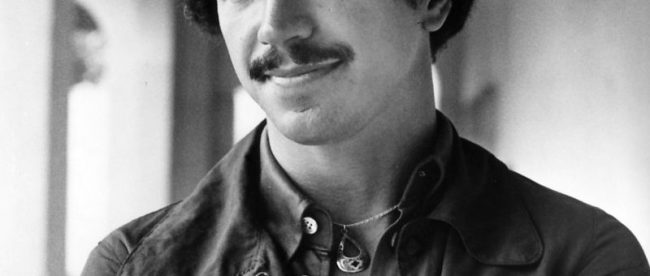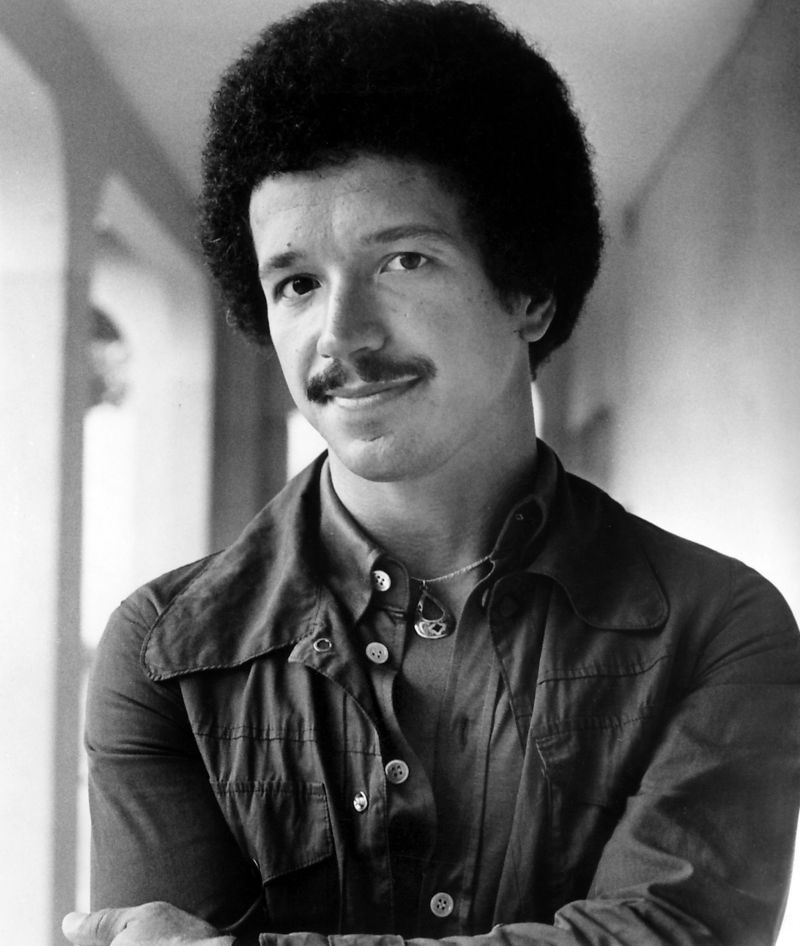The Accidental Masterpiece


Keith Jarrett, pictured above, isn’t a household name, but among jazz and piano aficionados, he’s widely lauded. His fame is in no small part due to an album of his called “The Köln Concert” — a live recording of a performance which probably should have never happened in the first place.
The Köln Concert took place at the Opera House in Cologne, Germany, late on January 24, 1975. The concert was organized by a 17-year-old concert producer, a fact which portended what was to come. Jarrett had requested that the producer secure him an Imperial Bösendorfer — sometimes called the Rolls-Royce of pianos — and the venue had no problem doing that. In fact, the Bösendorfer company had two Imperials available to the venue: the concert-ready one, which Jarrett was supposed to use, and a rehearsal one, which wasn’t tuned properly and probably shouldn’t be used for performance purposes. But the wrong one, somehow, made it to the stage. And for Jarrett — a master pianist — that was, understandably, unacceptable.
Normally, such an oversight (while rare to begin with) would be detected and rectified. But no one noticed until Jarrett arrived on site, and — he was driving in from Zurich — he arrived late. By the time he had a chance to try out the Imperial, Bösendorfer couldn’t get the right piano to the venue. Jarrett — exhausted from his travels from back pain which had made sleeping difficult for a few nights in a row — debated using the bad piano as an excuse to take a much-needed night off. He was due to perform at just before midnight, giving him a little extra time to decide. We went out to clear his head, as he recounted to the Grammy’s official site:
We went to dinner. It was already late, I was due to go onstage soon, we’d had so many hassles, and the piano was such a terrible instrument. And I hadn’t slept anyway. So I was in almost hell. Then we went to this Italian restaurant where, for some perfectly symmetrical reason, we were served way last. Everyone else was eating, I was the one who was going to play in an hour, and I still didn’t have any food. And then when they finally brought the food, I was still hungry, because I wasn’t happy with the food they served.
All I remember after the restaurant fiasco is taking a peek at the [concert hall’s audio] engineers sitting, waiting with their equipment. They had everything ready. And I started thinking, “I’m going to do this.” I remember putting my fist up in the air on the way out [from] backstage. I just looked at Manfred and [said], “Power!” or something.
And so, Jarrett played.
But he couldn’t play his usual music — the “terrible instrument” simply wouldn’t have allowed for him to do so. Instead, it required Jarrett to get creative and make something up on the fly.
It was better than expected — much better. The performance was unique and wonderful — and an instant classic. Rolling Stone called it “a deeply entrancing meditation on rhythm” and “a ravishing introduction to the art of improvisation.” And fans agreed. Today, the recording of the Köln Concert boasts more than 3.5 million copies sold. It’s not only the best-selling solo jazz album of all time, it’s also the best-selling solo piano album of all time.
Bonus fact: Keith Jarrett’s other claim to fame? Cough drops. Jarrett has a reputation for being quite particular about his audiences and, specifically, that they remain quiet during his performances. In 2011, for example, NPR reported that some in the audience “coughed and took photographs;” in response, Jarrett “stopped the show in objection and walked off.” To prevent further, similar issues, many venues distribute cough drops whenever he performs.
From the Archives: The Day There Was No News: A ridiculous use of piano music.
